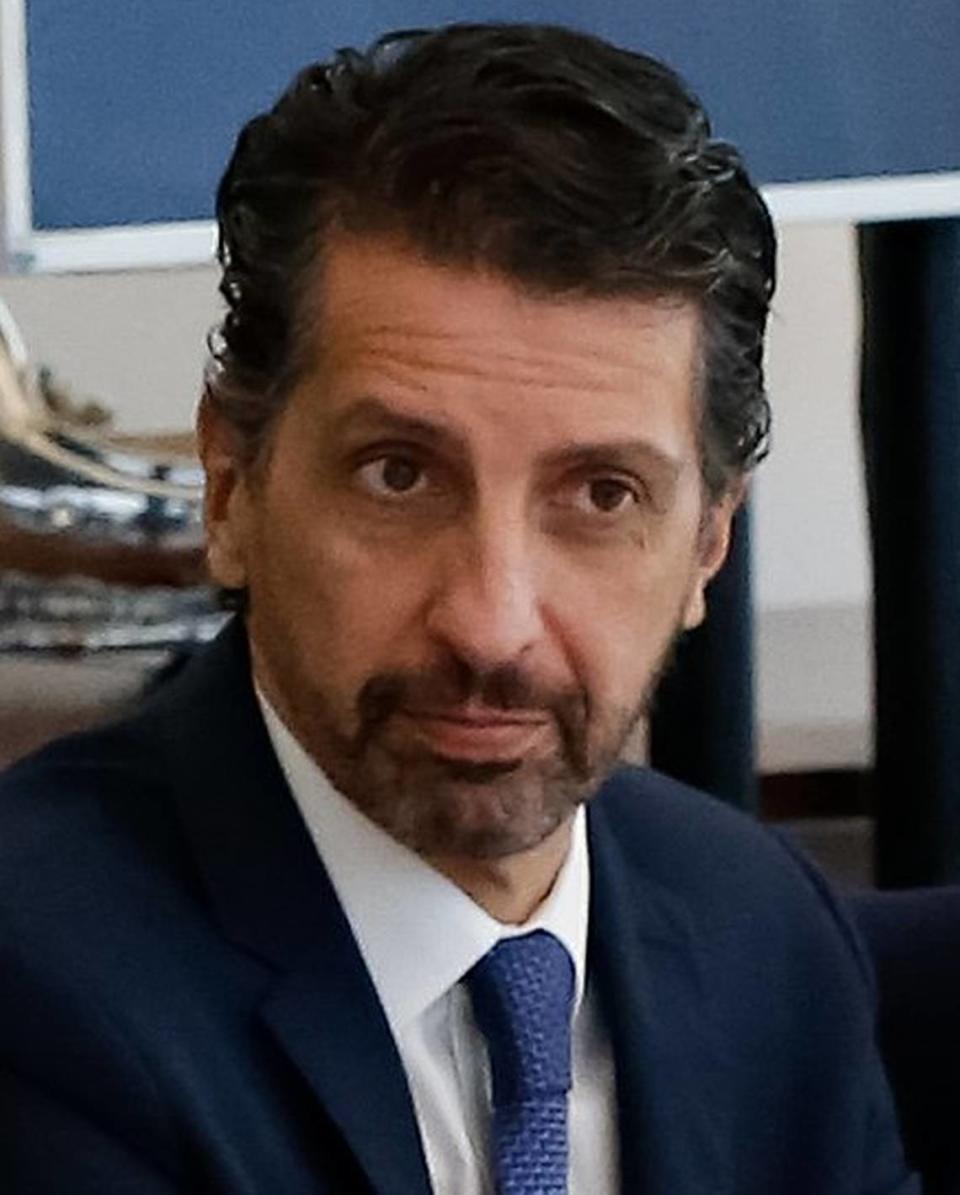Brazil is keeping its commitment to fight climate change through science-based sustainable policies | Opinion
Brazil is fully committed to combating climate change and promoting a green energy transition. We heard the call of science and updated our nationally determined contribution twice in a short period: in December 2020, as expected under the Paris Agreement, and after the United Nations Climate Change Conference — COP 26 — in November 2021.
We now have committed to reduce our emissions of greenhouse gases by 50% by 2030, compared to 2005. We also shortened the timeline for achieving climate neutrality from 2060 to 2050.
These contributions far exceed Brazil’s historical responsibility for the problem of climate change. Yet this should not deter us from keeping up the fight and exploring new avenues for addressing this challenge and its adverse impacts on our societies.
It now is time to accelerate implementation of all Nationally Determined Contributions — NDCs — under the Paris Agreement. Science is very clear in this regard: there is no possibility of success in fighting climate change without a real global energy transition.
In Brazil, renewable sources account for 48% of our energy mix, more than three times the world average of 14%. The role of renewables in generating electricity is even higher: 84% in the case of Brazil, compared to a world average of only 27%. An effective energy transition is well under way in Brazil, the result of deliberate government policies, not mere happenstance. Solar- and wind-power sources were almost insignificant a decade ago in our energy mix, but have been booming in recent years.
Brazil is part of the solution. One of our central and most promising strategies is the development of offshore wind-power facilities all along the Brazilian coast in order to offer abundant and cheap energy for mass production and export of green hydrogen in its many forms. Brazil also is ready to provide an opportunity for low-carbon local production, helping to decarbonize global supply chains.
Thanks to currently available technologies, Brazil has clear potential to produce an enormous and increasing surplus of wind power in the next decade and beyond. The Brazilian coastline is more than 10,000 kilometers — more than 6,000 miles — long. We already have wind power facilities on land close to the ocean and aim to develop a huge network of offshore wind power platforms, as well.
This process already has started in Brazil and has the potential to become a game changer in the global fight against climate change. With a potential offshore wind power generation of 1,228 gigawatts (700 gigawatts of which is considered to be highly attractive from the economic point of view) this new phase of the energy transition in Brazil offers opportunities for rational and profitable climate finance for national and international companies interested in safe, long-term investments and returns.
The question no longer is whether this strategy is feasible; it is whether its implementation is possible within a timeline that meets the urgency of our collective climate-change goals. We already have national and international companies investing in green hydrogen projects in Brazil and we look for more partnerships with foreign governments and the private sector to ensure the strategy lives up to its full potential.
We should strive to align investments in the energy sector with the Paris Agreement goals, prioritizing renewable sources of energy, including wind and green hydrogen. We should also avoid creating perverse incentives for highly polluting sectors, in particular through the adoption of flawed systems that let governments and companies off the hook.
To fight climate change effectively, we must enhance our policies toward rational, science-based, sustainable actions. Brazil offers concrete opportunities that will contribute directly to decarbonizing the global economy.
Carlos França is Brazil’s minister of foreign affairs. Joaquim Leite is the country’s minister of environment.



